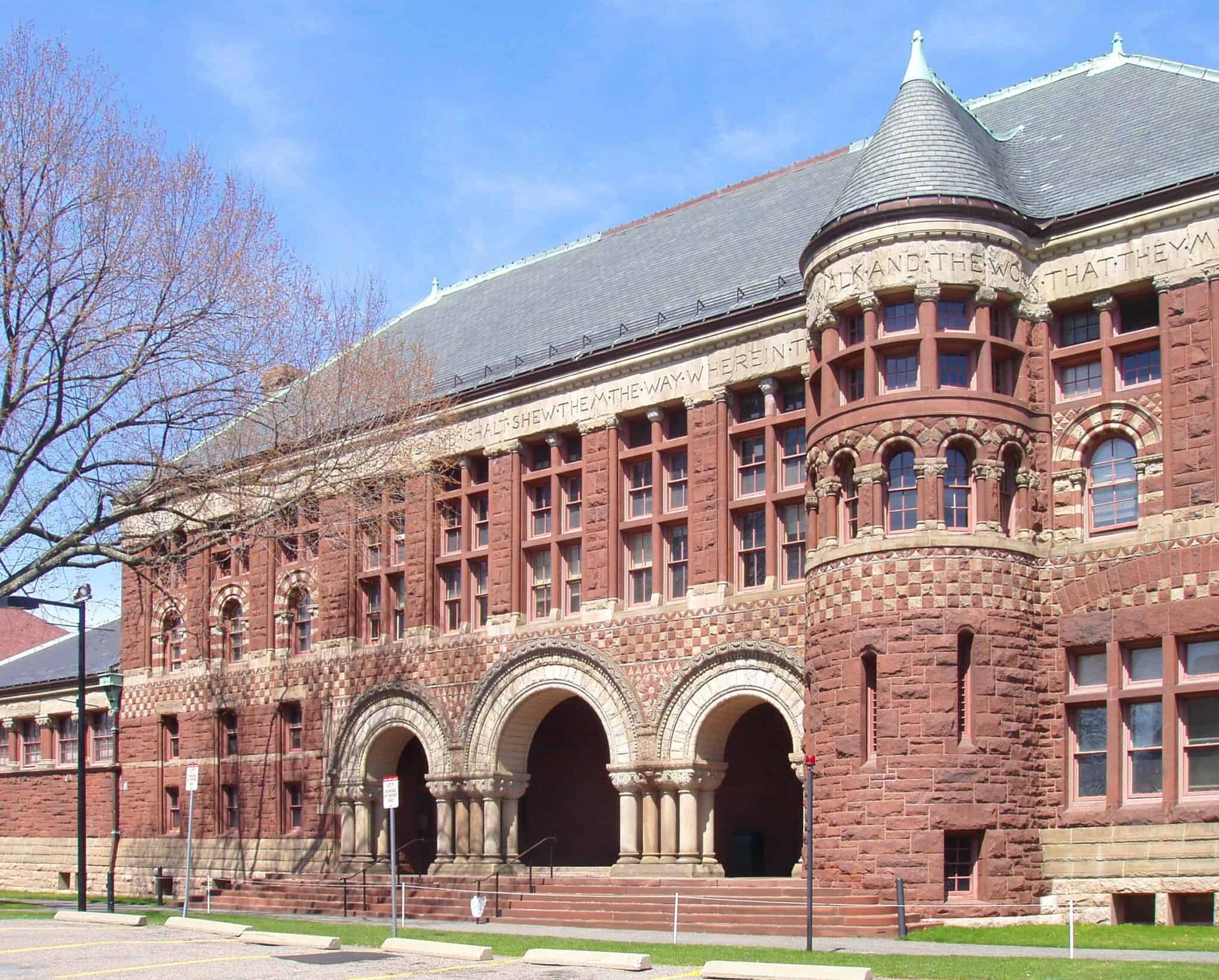
Kevin Vazquez is a staff attorney at the International Brotherhood of Teamsters. He graduated from Harvard Law School in 2023. The opinions he expresses on this blog are his own and should not be attributed to the IBT.
On Saturday, UAW announced that it had reached a second tentative deal on a new six-year contract with John Deere, potentially bringing to a close the massive strike, involving nearly 10,000 workers, which began more than two weeks ago on October 14. The UAW has not yet released the details of the tentative agreement (although some alleged provisions have been leaked online), and it will not do so until members at all John Deere locations have been able to meet and review its proposed terms. Chuck Browning, UAW Vice President and Director of the Agricultural Implement Department, released a statement saying that negotiators “focused on improving the areas of concern identified by [UAW] members during our last ratification process.” This should include, at least, wage increases above the rate of inflation, an elimination or reduction of the “two-tier” compensation system that bifurcates the workforce, and a jettison of the company’s plan to phase out pension benefits for new hires and create a third tier, since these were among the key issues identified by workers at the beginning of the strike. In any event, the workers will remain on strike throughout the ratification vote, which is likely to happen early this week, after UAW locals have discussed the details with their members. The workers, of course, overwhelmingly rejected UAW’s tentative deal prior to the strike, and if they opt to do so again, the strike will continue.
In other strike news, the Kellogg’s strike, which began on October 5 and involves nearly 1,500 BCTGM workers across four plants, continues in Michigan, Pennsylvania, Nebraska, and Tennessee. On Friday, Liz Schuler, AFL-CIO President, joined the picket line in Omaha, Nebraska to support the striking workers, telling them that they are “standing up to preserve the middle class” and “should be rewarded for the work that they did [and] sacrifice they made” during the pandemic. Contract talks between the Kellogg Co. and BCTGM are set to resume on Tuesday, but the workers are determined not to yield until their demands are met, and the strike appears to be far from over. Shuler, for her part, said that she will next visit the striking John Deere workers in Iowa.
On Friday, an order by the Second Circuit officially nulled a Trump-era joint employment regulation, a management-friendly interpretation that narrowed the joint employment standard and shielded employers from sharing liability over employment practices. The Second Circuit dismissed a lawsuit, originally brought by a coalition of Democratic attorneys general in 2020 and then appealed by Trump-appointed Justice Department attorneys, challenging the Trump-era rule, as “moot” because of the Department of Labor’s move to rescind the Trump rule in July. The panel vacated the District Court’s decision and remanded the case with instructions to dismiss it as moot, clearing the way for the Biden administration to issue a new regulation and chart its own policy course on the question of joint employment, one of the most contentious present issues in employment law, with potentially deep implications for workers in the fast food and hospitality industry. The administration has not, however, yet announced that it will move to issue such a regulation.
Also on Friday, a federal jury in a class-action lawsuit determined that GEO Group, a real estate investment trust that invests in private prisons and operates the Northwest ICE Processing Center in Tacoma, Washington, violated the state’s minimum wage laws and owes roughly 10,000 immigrant detainees a total of more than $17 million in backpay. Detainees at the ICE center, who worked in a variety of cooking, cleaning, laundry, and maintenance roles, were paid $1 per day regardless of how many hours they worked, and sometimes were not paid at all – even though the company reported revenue of more than $2.3 billion last year. None of these individuals had been convicted of crimes: They were in “administrative detention” in the ICE center as their immigration status was evaluated. Some labor experts, who have called the jury-award “precedent-setting,” said it could have wider implications and sends a “strong message” to corporations that individuals in pretrial detention are afforded labor protections.
For a brief update on the state of negotiations among congressional Democrats regarding the now-$1.75 trillion (and falling) budget reconciliation bill, it is sufficient to note that Sen. Joe Manchin, in response to entreaties from other Senate Democrats to compromise on his opposition to the package’s paid-sick leave provision, asked about including work requirements to the proposed program – even though, of course, employment is an essential precondition for one to take sick leave from employment in the first place. Things are, in other words, progressing predictably.
Finally, in local news, HGSU-UAW ended its three-day strike at midnight on Friday. Striking graduate student workers picketed outside Harvard University President Lawrence Bacow’s address to freshman and their parents for First-Year Family Weekend on Friday afternoon (citing, in their chants, to Bacow’s 1978 thesis, Regulating Occupational Hazards Through Collective Bargaining). Bacow’s speech was interrupted by at least 40 undergraduate students and supporters, who stood up to demand that the graduate student workers be offered a fair contract that meets their demands, chanted for a “fair contract now,” and walked out of the event. The walkout was jointly organized by the Student Labor Action Movement and Harvard College Young Democratic Socialists of America, two student groups that have been organizing in solidarity with the striking graduate student workers. Although graduate students are returning to work following the strike, bargaining for a new contract continues, and HGSU-UAW is developing plans for a potential second strike if the demands of its members are not addressed by the university administration.






Daily News & Commentary
Start your day with our roundup of the latest labor developments. See all
June 30
Antidiscrimination scholars question McDonnell Douglas, George Washington University Hospital bargained in bad faith, and NY regulators defend LPA dispensary law.
June 29
In today’s news and commentary, Trump v. CASA restricts nationwide injunctions, a preliminary injunction continues to stop DOL from shutting down Job Corps, and the minimum wage is set to rise in multiple cities and states. On Friday, the Supreme Court held in Trump v. CASA that universal injunctions “likely exceed the equitable authority that […]
June 27
Labor's role in Zohran Mamdani's victory; DHS funding amendment aims to expand guest worker programs; COSELL submission deadline rapidly approaching
June 26
A district judge issues a preliminary injunction blocking agencies from implementing Trump’s executive order eliminating collective bargaining for federal workers; workers organize for the reinstatement of two doctors who were put on administrative leave after union activity; and Lamont vetoes unemployment benefits for striking workers.
June 25
Some circuits show less deference to NLRB; 3d Cir. affirms return to broader concerted activity definition; changes to federal workforce excluded from One Big Beautiful Bill.
June 24
In today’s news and commentary, the DOL proposes new wage and hour rules, Ford warns of EV battery manufacturing trouble, and California reaches an agreement to delay an in-person work mandate for state employees. The Trump Administration’s Department of Labor has advanced a series of proposals to update federal wage and hour rules. First, the […]